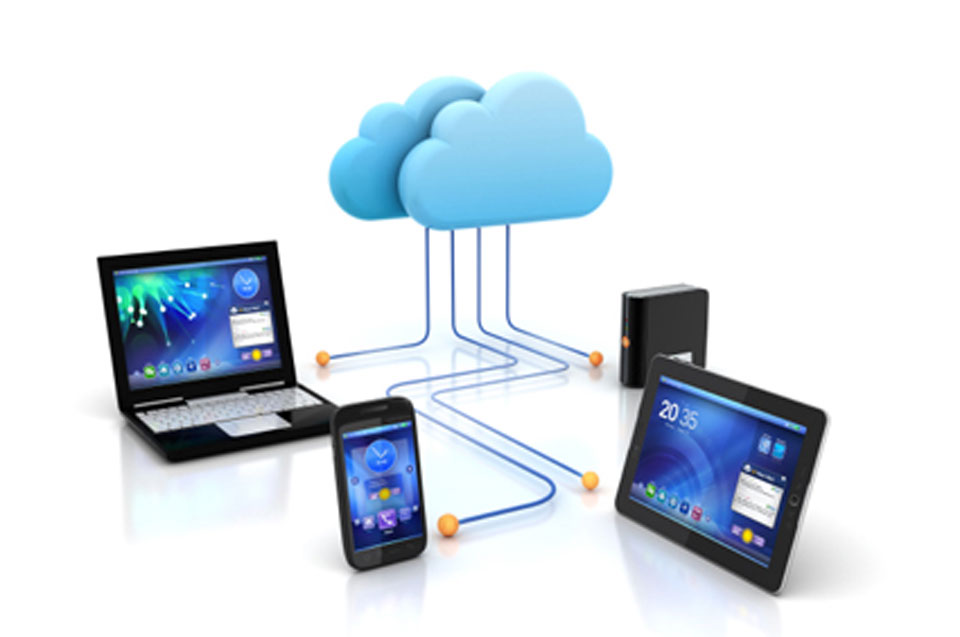It's no secret that information technology has changed the way we work. From tablets and smartphones to cloud-based processes, change has come at a shocking pace for firms and their clients.
Small business owners expect finance professionals to help them make sense of these changes. But how many firms are themselves prepared for shifts in the accounting industry?
There aren't books anymore; it's an information system
10 years ago, Blake Oliver wouldn't have wanted to be a bookkeeper. Five years ago, a business like his may not have existed at all. Today, as co-founder and CEO of Cloudsourced Accounting, he runs a lean business with low overhead and comprehensive service for clients.
“I'm not sitting here with my number pad typing in data, which is a waste of my time and client's money,” Oliver explained. “I can focus on new technology, integrating applications, setting them up properly, automating everything and overseeing it to confirm it's running smoothly.”
The modern suite of software Oliver uses takes advantage of what technology does best: efficiently use rules to track, record and submit data quickly and accurately. For example,
- Bill.com automates manual processes like payables, receivables and cash flow
- ZenPayroll automates all aspects of payroll, including automatic tax filing
- Xero syncs information from both Bill.com and ZenPayroll, keeping records current and easily available so everyone can be kept up to speed.
“It's not about the numbers anymore,” Oliver said. “It's about managing information systems.”
CPAs need to shift their focus away from numbers, too, in order to remain competitive and relevant. This shift also offers new opportunities to those willing to make the pivot.
A modern CPA can focus on being an advisor
“Traditionally, people don't interact with their accountant,” noted Nicholas Bird, CPA, CIA, owner of Lucid Books. “The CPA does their taxes. That may be the only interaction they have all year.”
Now, CPAs can shift towards “a more engaging, full client relationship,” Bird said. “It's moving from taxes and maybe a monthly report to ongoing advice on finances, strategy, and providing input—filling more of a CFO role.”
Focus on relationships over services
“CPAs are good at doing the accounting itself, but where they'll need to compete in future is on client engagement,” Bird said.
Automated accounting services are levelling the playing field; small business owners have less need for the services accounting firms have traditionally offered. Whether working face-to-face or not, the quality of customer service and stronger relationships are what will attract and retain clients.
Be prepared to work with clients you'll never meet
Cloud-based services have reduced the importance of location; you can work with anyone, anywhere. The ability to even focus on a particular niche group means CPAs may work with clients they’ll never see in person.
To make remote relationships work, however, CPAs need to understand the technology that makes it possible: not just financial programs but online meeting tools, screen-sharing software, and other services that enable accountants and their clients to collaborate as often as needed.
Incorporate new revenue streams
For CPAs who work with bookkeepers, there's an opportunity to connect with new clients, offering a level of insight and advice to people who might otherwise find hiring a CPA to be cost prohibitive.
There's also an opportunity for firms that want to offer a full-service solution in a way that’s affordable for clients and profitable for the firm. The efficiency of cloud-based software means firms of any size can offer it to clients and make a profit without getting bogged down with administrative tasks.
Consider subscription-based pricing
While CPA firms traditionally bill by the hour, small business owners prefer the predictability of flat-rate fees. The consistency of automated services means accountants can consider making that shift; for a monthly fee, a full-service option can be offered without taking any attention away from providing high-level guidance.
Businesses increasingly outsource back-office needs to trusted vendors so they can focus on delivering a great product or service. Accounting professionals are in the best position to become full-service business partners, and modern software enables them to do so in a way that’s more efficient, valuable for clients, and profitable than before.
—————–
Joshua Reeves is the CEO and co-founder of ZenPayroll, a developer of web-based online payroll systems for small businesses and their public accountants.
Thanks for reading CPA Practice Advisor!
Subscribe Already registered? Log In
Need more information? Read the FAQs
Tags: Cloud Technology, Payroll, Technology




